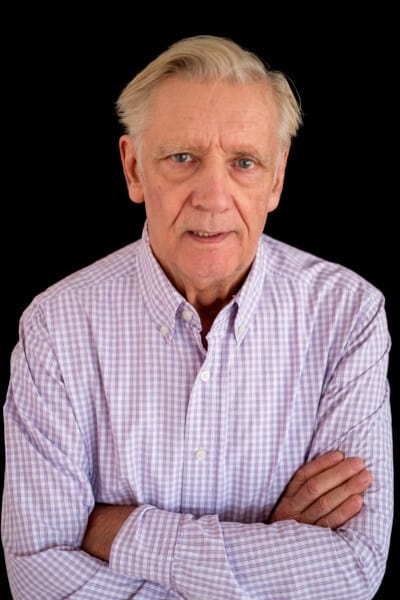
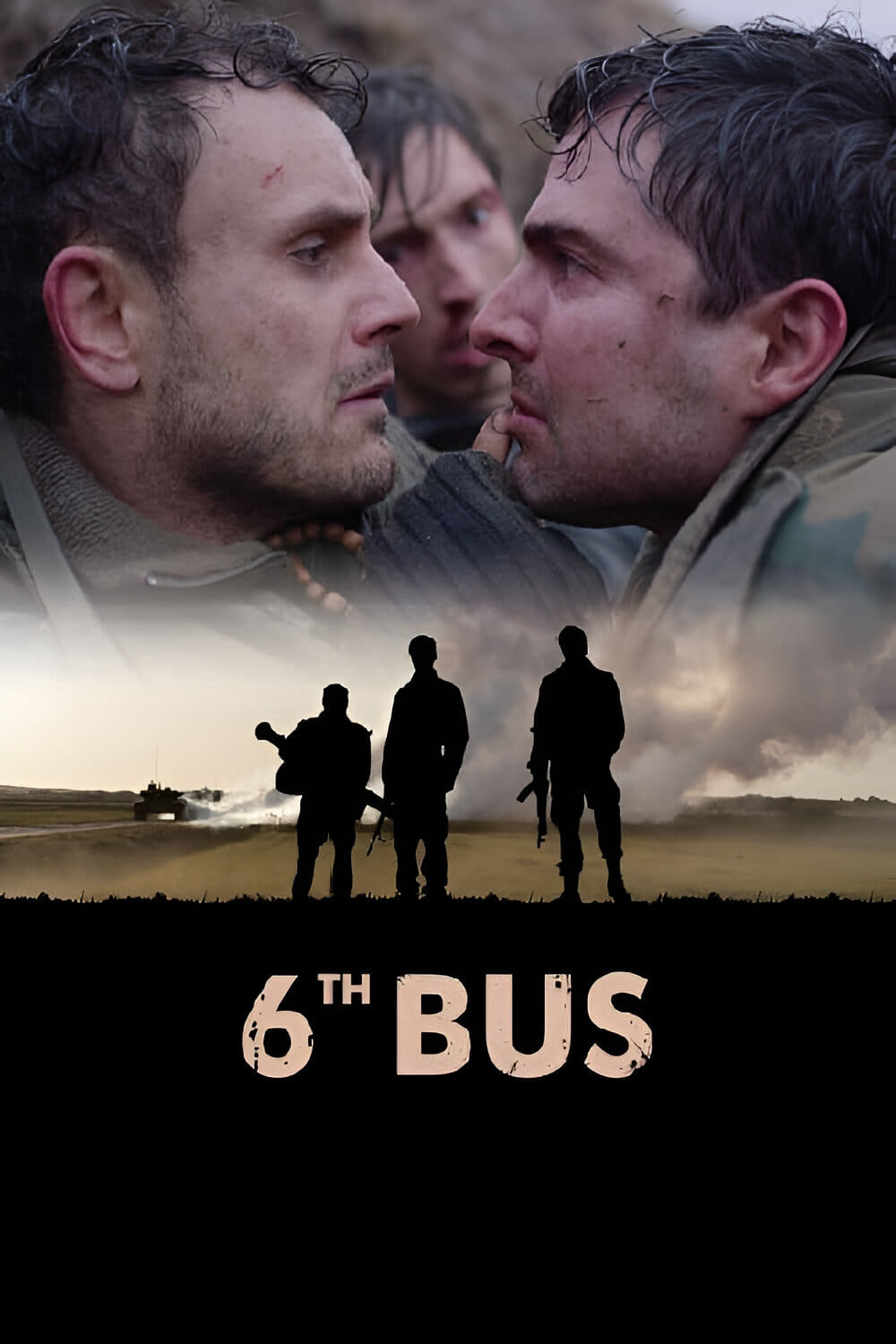
A young American is trying to find a man from her past, but he is never to be found, during the largest conflict on European soil since World War II – the battle of Vukovar. It is a search of identity and truth at a place where truth is selective, elusive, and even feared. A quest for faith, connection, and redemption simmers beneath the search.
Tito is a 2010 Croatian documentary television miniseries about Yugoslav leader Josip Broz Tito. The first episode aired March 19, 2010. The series is a co-production by Croatian Radiotelevision and Mediteran film. The two first collaborated on the series Long Dark Night, which at a top audience of 1.8 million viewers was one of the most-watched domestic productions in history. After the announcement of the documentary, Broz's granddaughter Saša announced that she and her family would use all means possible to obstruct filming. Tito cost a reported 1 million euros to make.
A painter comes to the hospital for scanning, believed he has cancer. He carries a gun to shot himself just in case if it proves that he's right. When the results turn out to be negative, he's perplexed because it's actually life that is rigorous, and should he use his weapon anyway.
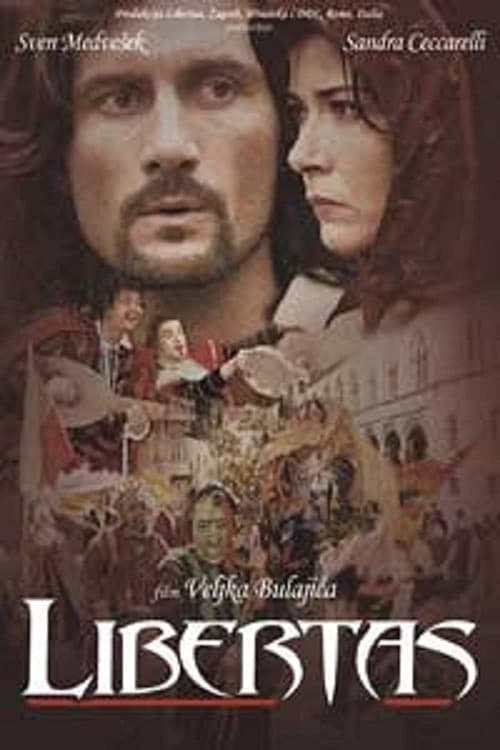
The film is set in mid-16th century, at a time when the entire eastern Mediterranean is dominated by two great empires, the Ottoman Empire and the Republic of Venice, with the small but wealthy maritime republic of Ragusa (modern-day Dubrovnik) managing to maintain its independence through diplomatic agreements.
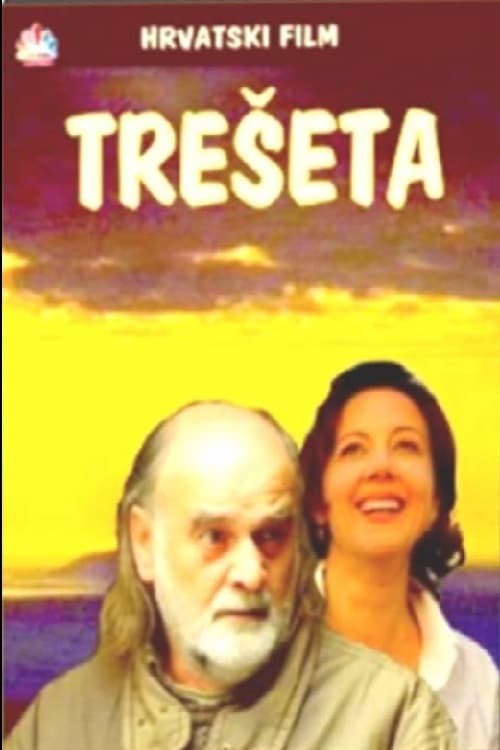
Three friends in desperate search for the fourth player of the card game called tressette.
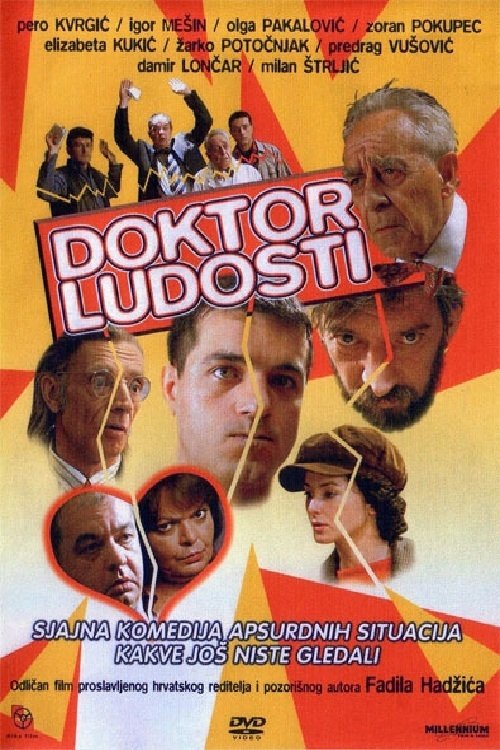
All kinds of patients roam through waiting room of a psychiatrist whose life motto is: everybody are crazy until is proved the other way.
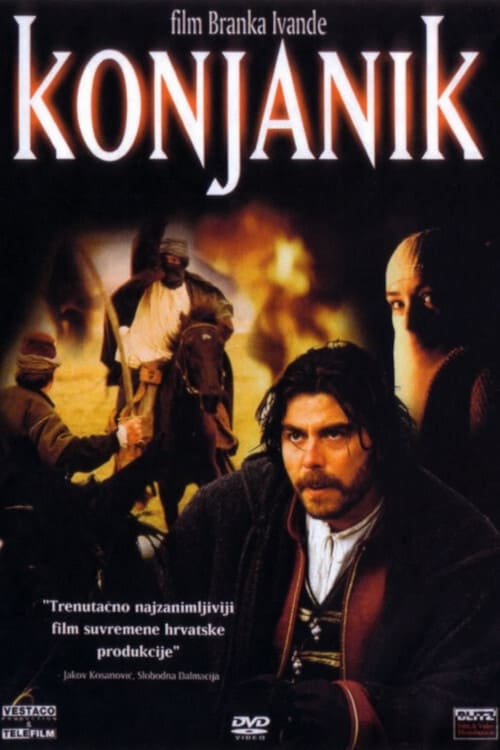
The movie takes place in the early 18th century on the borders between Bosnia and Dalmatia, the crossroad between the Ottoman Empire and the Republic of Venice. It deals with issues relating to the region's native Croats as they struggle between to live between two empires and two faiths: Catholicism and Islam.

Lifelong rivalry between police inspector and professional criminal escalates on New Years Eve, 1990.
The story follows a group of Croatian refugees who have been forced to leave their hometown of Vukovar by Serbian forces during Croatia's struggle for independence. The people are settled at a railway station in a village near Vukovar, where they live in a train which is adapted to serve as a temporary accommodation.The situation grows dim as the date of their return proves to be uncertain, and the lives of the survivors and refugees becomes more and more complicated being burdened by PTSP and strong feelings of hope to return to their homestead.
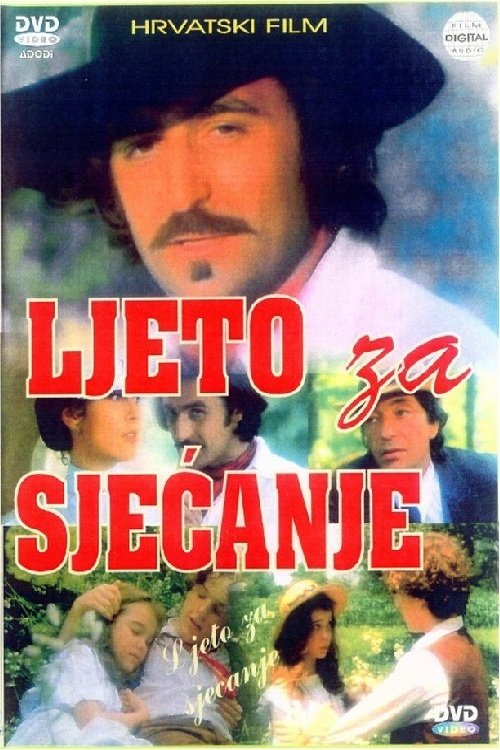
Zagreb, Yugoslavia in 1890. A group of high-school students run away on an adventure that ends in scandal. The ringleader, Gusta, is expelled from school and sent to stay with his uncle in rural Turopolje. Here, a totally new world opens up to him, where the internal tragedies of the people are played out against the castle of Brezovica and a small town of wooden-framed houses. People end up in this idyllic exile because of some previous "sin" and try then to make the best of their lives there. But memories of the outside world impinge on their happiness.
Žarko Potočnjak was a Croatian and Yugoslavian actor, known for The Rat Savior (1976), The Glembays (1988) and Crime at School (1982). He was married to Asja Jovanović. He died on October 21, 2021 in Zagreb, Croatia.
By browsing this website, you accept our cookies policy.